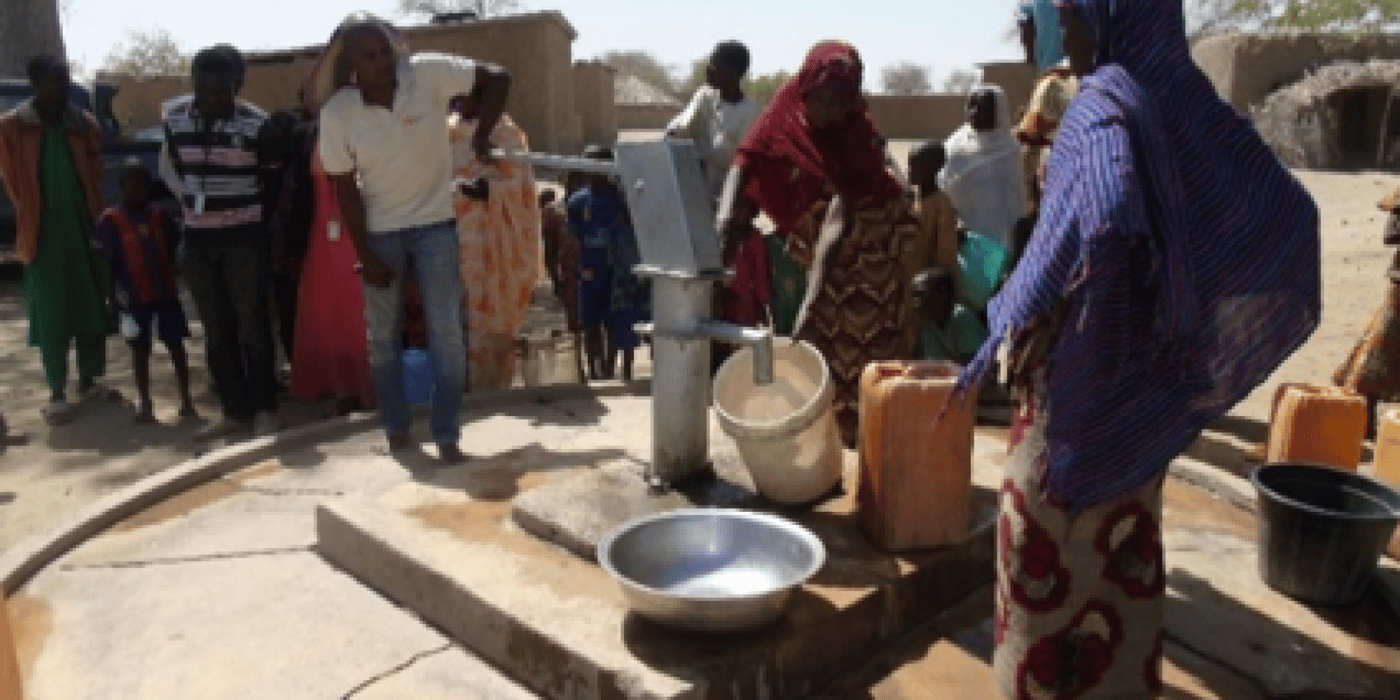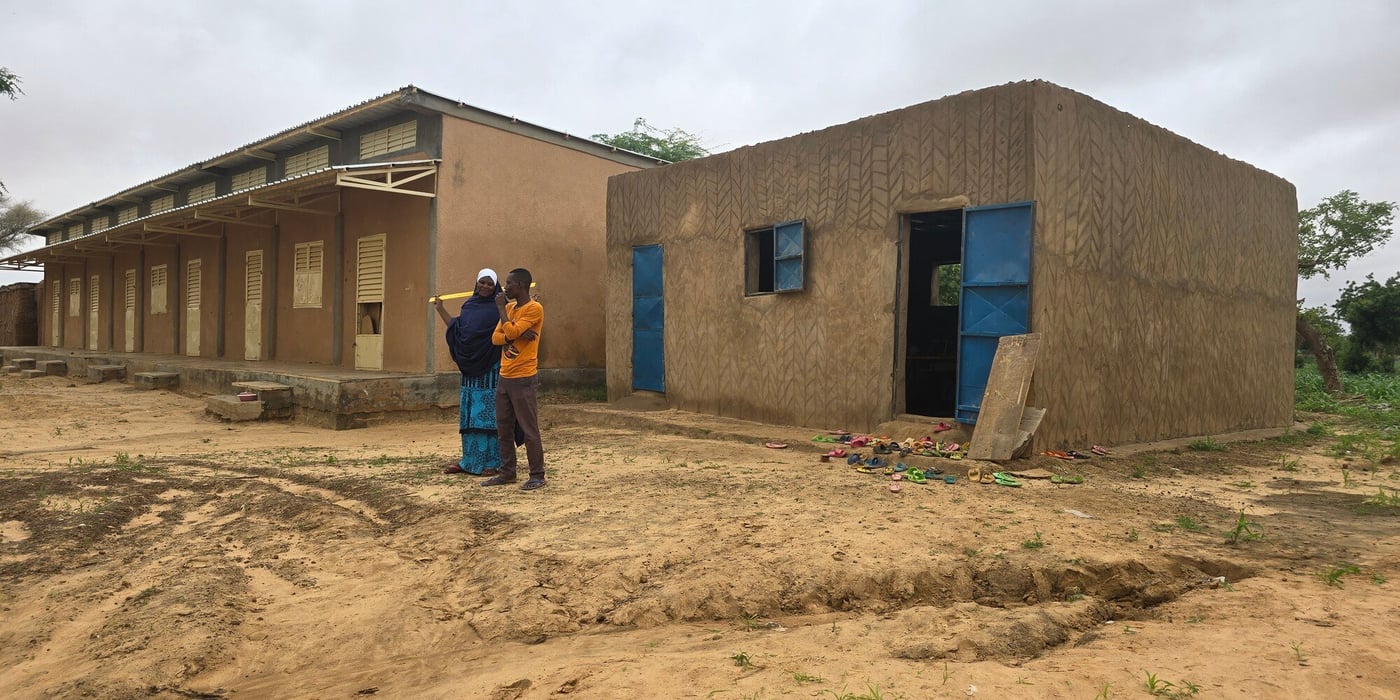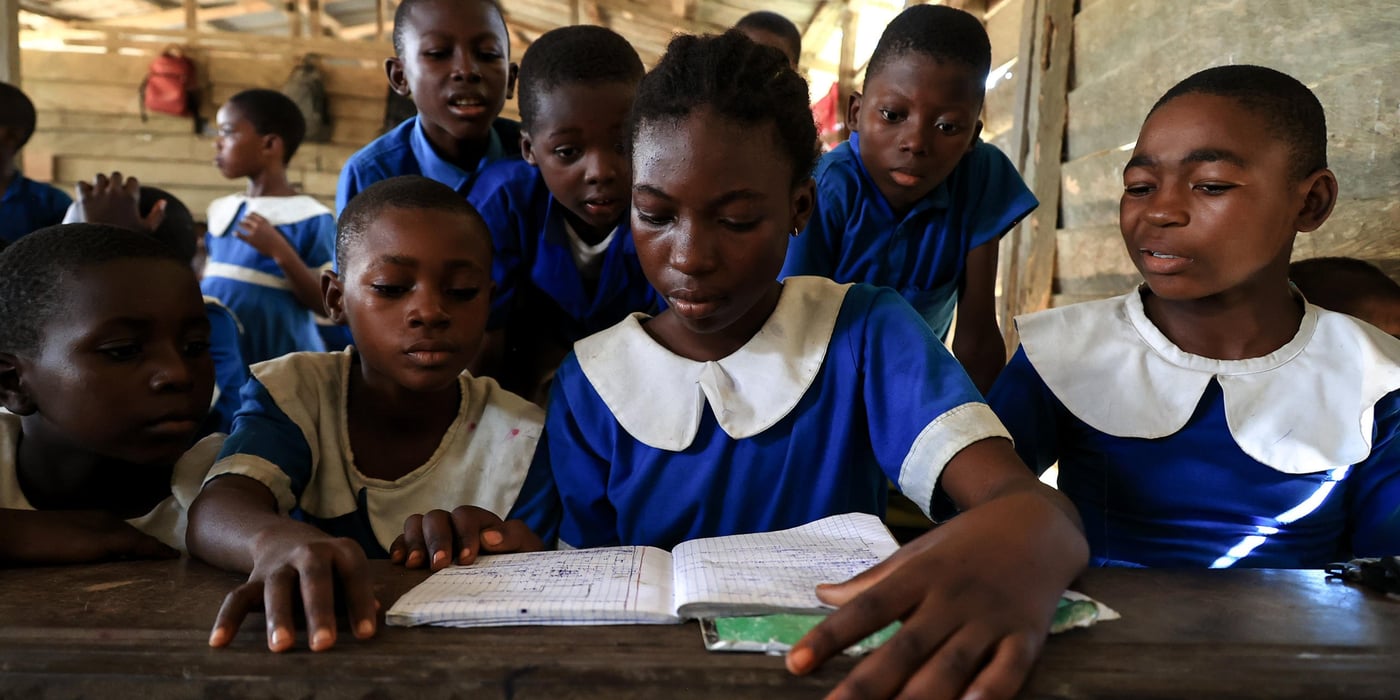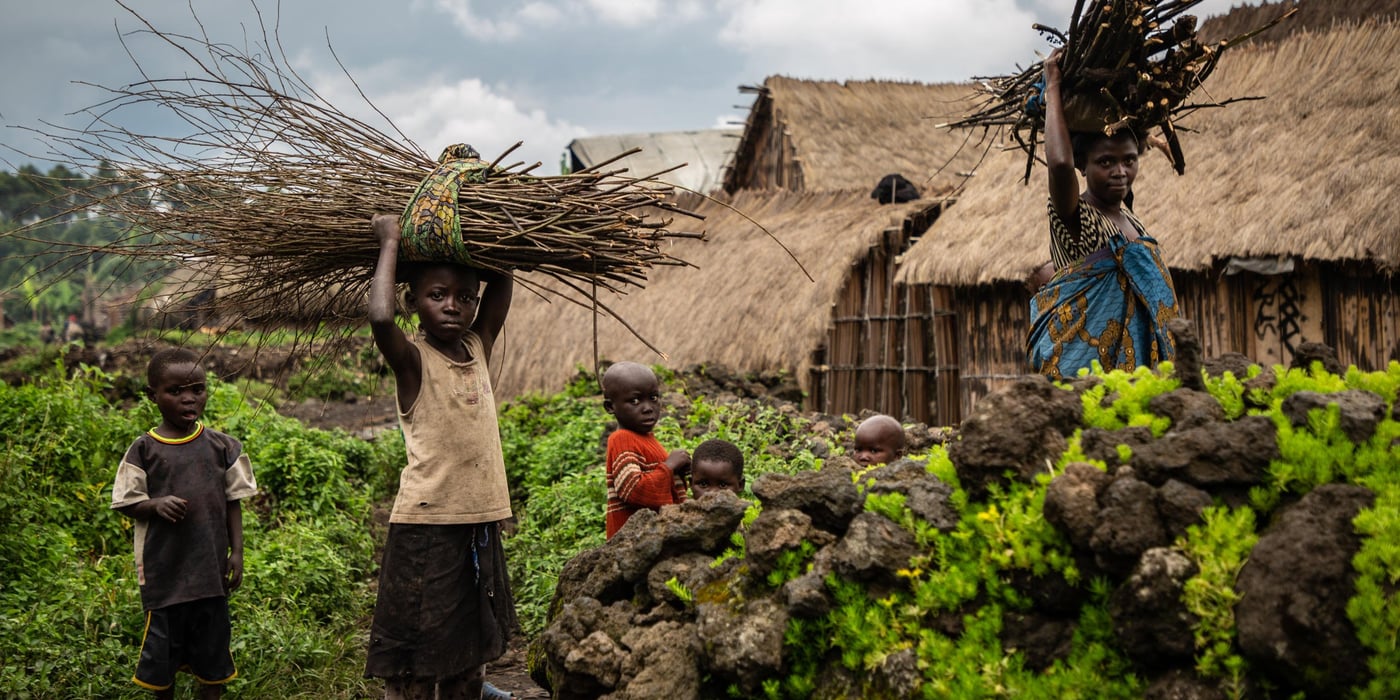
The women of Bomboyo used to travel long distances to fetch water for their livestock and to use for house chores. The one-way journey of about 3 kilometres would take up to one hour and was not always safe for the women.
Fortunately, this changed after the Norwegian Refugee Council (NRC) in Cameroon had heard about the risks the women were taking.
In Cameroon, like many other parts of the world, the task of providing water for households falls disproportionately on women and girls, especially in rural areas. Yet, fetching water does not need be a risky and tiresome task.
The village of Bomboyo, located in the Logone-et-Chari Department, has seen its population increase following the arrival of several hundreds of internally displaced people fleeing violence. It is estimated that 616 internally displaced people and 13 returnees have temporarily settled in Bomboyo, which is normally home to around 2000 people. This has made already scarce water resource, even more scarce.
Seeking to identify the pressing needs of the women and men of Bomboyo, NRC's Water, Sanitation and Hygiene (WASH) unit chose to conduct focus group discussions. They found out that the community had two broken boreholes. In agreement with the community's leaders, the NRC team made repairs and replaced the drainage systems.
With repaired boreholes, the community had now quick and safe access to water. The women no longer needed to take risks by walking long distances. Today, it takes less than 20 minutes for women to fetch water in this rural area, where the public water system has never been installed just like most rural areas of Cameroon.
"Before [the] rehabilitation of the borehole, I spent most of my time fetching water. Now, I have more time for farm work through which I bring food for my family," said Amina.
Amina is a member of the Water Management Committee, set up by NRC, and in charge of managing the budget collected to ensure the maintenance of the boreholes. Since the rehabilitation of the boreholes, the men and women of Bomboyo have saved together the amount of 20,000 Francs CFA (approximately 10 USD) to ensure they remain well-maintained.
In order to guarantee a fair representation of the existing population and avoid tensions between communities, each committee is comprised of both members from the host community and displaced people.
Not only do initiatives like in Bomboyo - funded by EU humanitarian and UK aid - help improve the quality of life of women and girls, they also benefit entire communities, displaced and hosts, by providing access to safe water and reducing the risk of waterborne and hygiene-related diseases.




